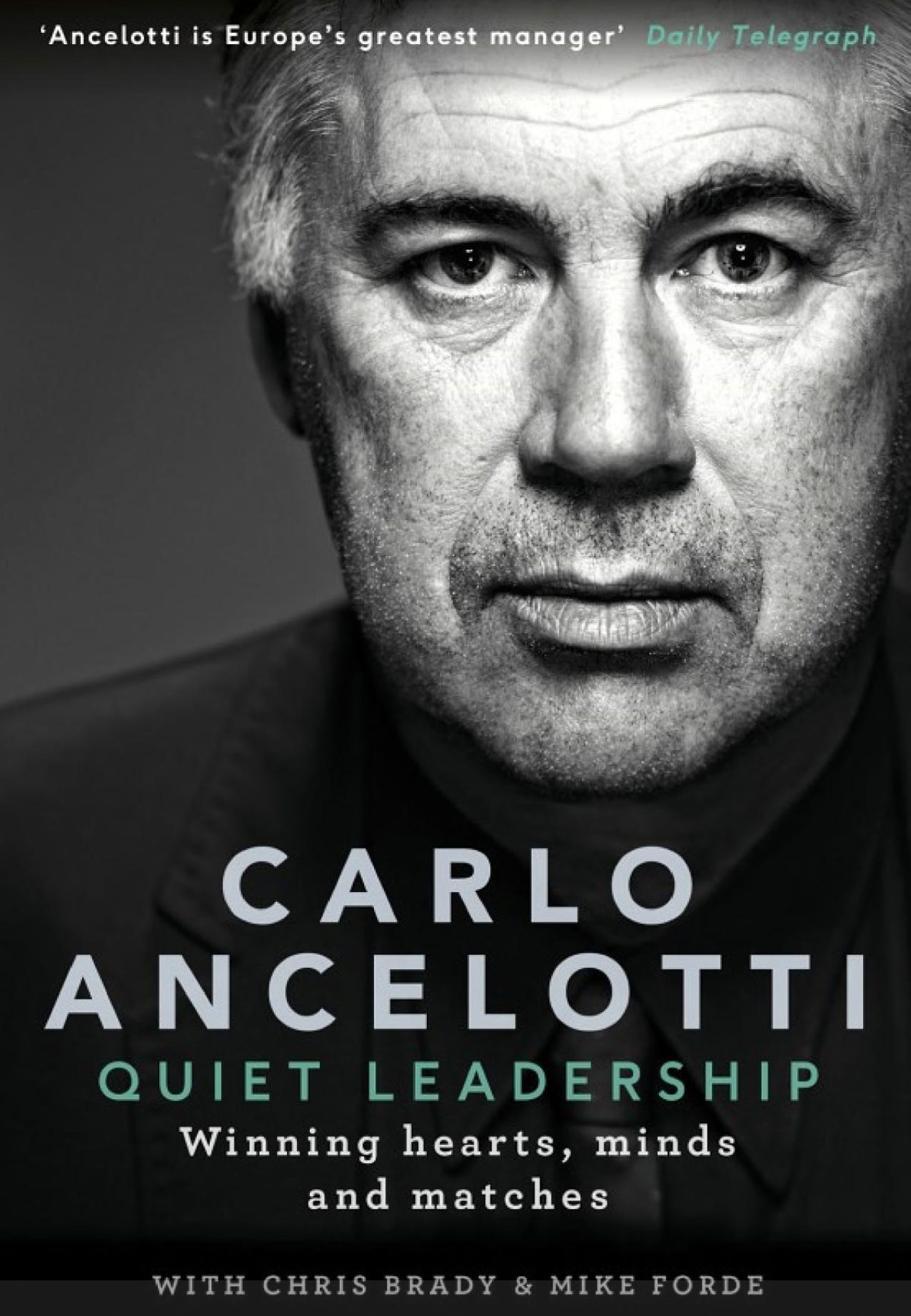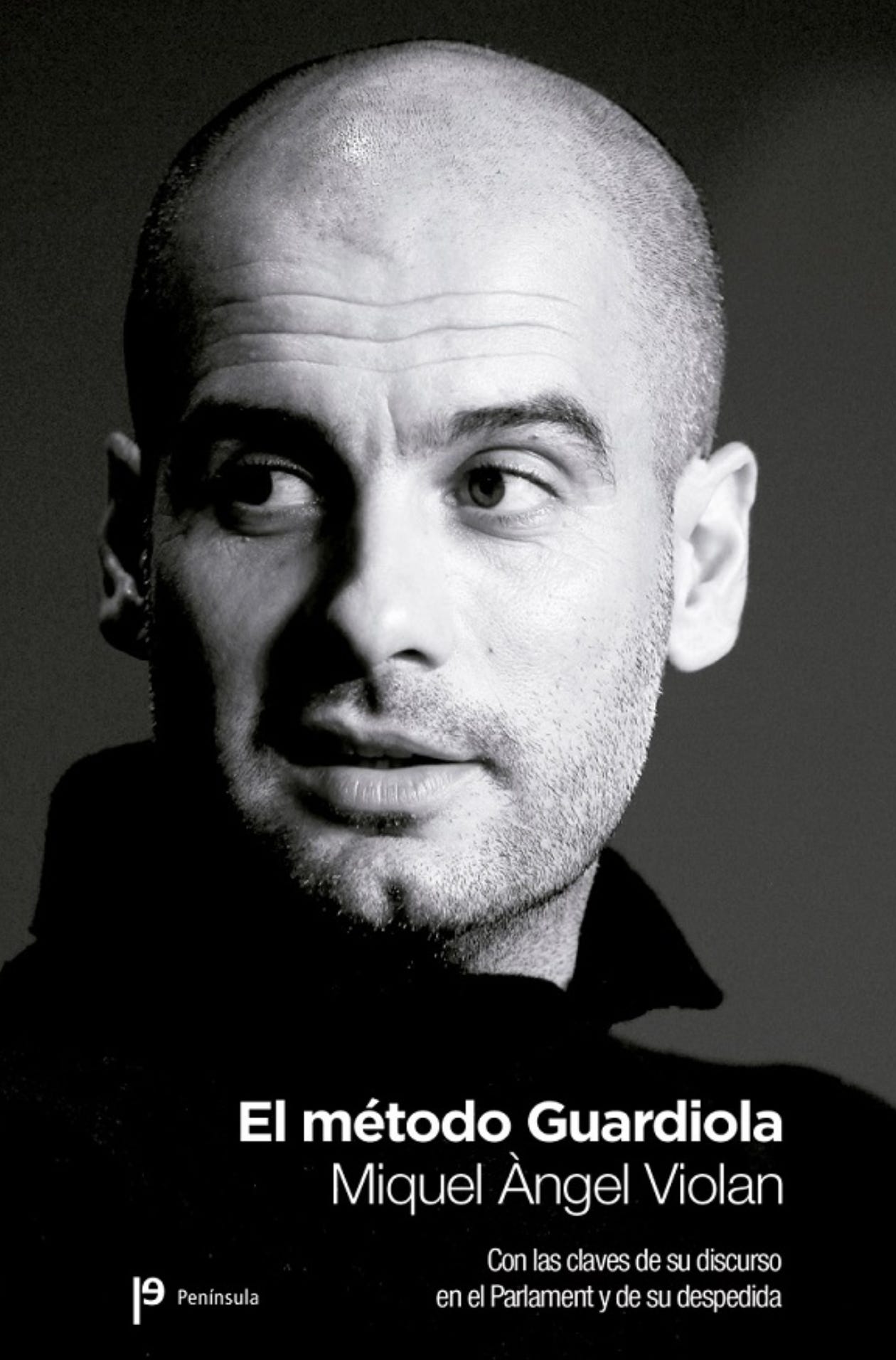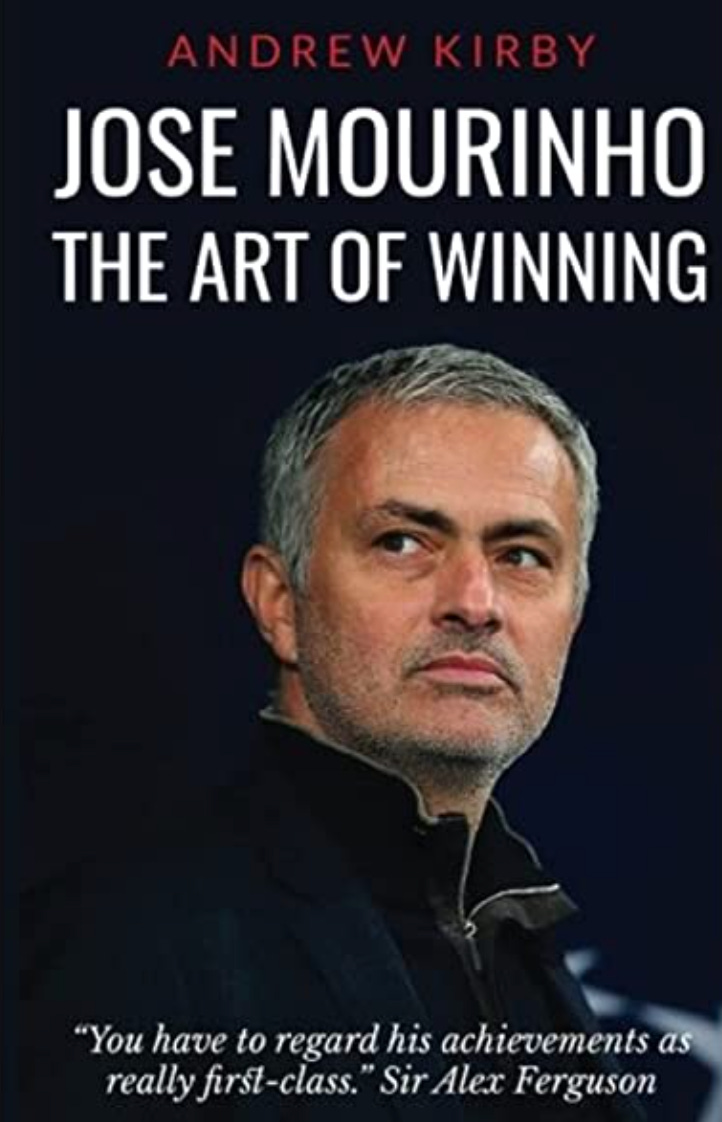The Method
Picture a football team with a mediocre present. The team met certain glory years ago, but since then it’s been a general ‘meh’. Players and coaches come and go. Nobody seems to be really attached to the club. In the last 2, 3 seasons, it’s been aimlessly floating around the middle positions in the standings.
Another coach is sacked after a short gig, and yet another one comes along. Things again don’t appear to be really different under the new guy until, slowly, they do. The team begins to win and to show a more solid play, and as the team wins it gains confidence and it wins again. And again. The fans feel more enthusiastic and start to follow the team home and away, filling the stadiums, boosting the team’s confidence even more. The flywheel is full on. Soon, the team is leading the table. Before too long, it wins the league.
Has some sort of miracle happened?
For some years now, business schools have put their eye on sports, overreacting when drawing a parallel between corporate and sport teams. Famous coaches of different disciplines are frequent speakers in MBA cohorts of expensive business schools. Books about their “methods” are furiously published.
I say “overreacting” because the parallel between a troubled football team and a troubled team of, say, software engineers, is quite easy to draw. They are fundamentally the same thing: groups of people with shared goals and equipped with their inescapable baggage of insecurities navigating through the difficulties of bonding and collectively achieving sometimes unrealistic objectives under pressure, building frustration when things do not go according to the plan, which easily feeds back into the process and affects the group’s confidence. The fact some kick a ball about whereas the others code in C++ is largely irrelevant for the discussion. Be it sports or corporate, struggling teams who are implanted with new leaders under the expectation that said new leaders will make things automatically glorious is just magical thinking from the impatient higher ups who hire them.
Leadership is one of those things that have been intellectualized beyond reason. And without pretending to have a “recipe” (which I don’t), it feels that chances of success for anyone inserted into these situations increase for those who bring a combination of situational awareness, humility and industrial amounts of common sense. And domain knowledge: you can’t save a football team from relegation if you come from cricket. Knowing the specifics of the game your team is playing is a surprisingly underrated asset. Even more, anyone wanting to bring a team back on its feet must roll up their sleeves and be down in the trenches. If there is something a struggling team does not need is someone looking at them from a privileged panopticon.
For a new leader coming in, it takes time to build the rapport, and building such rapport requires the leaders to be practically full-time psychologists. You have been christened as a leader of a troubled team and don’t care about psychology because you think it’s not your job? Good luck with that.
Guardiola is an interesting case I will use to bring my last point. He is now considered to have revolutionized football, and perhaps no one can’t really argue that. Now, how much of Guardiola’s success is thanks to the talent who set the spark of his amazing career in the early days? The Puyols, the Xavis, the Iniestas, the Messis. A big part of it. But it’s a two-sided thing: Guardiola understood the talent was there, and he provided the right means to make it shine. Mind you, there were coaches who didn’t win anything even with these geniuses in the line-up1.
Therefore, last but not least, is team talent. No leader goes far without nurturing, caring, and protecting the talent in the house. It’s not only about hiring external saviors, it’s mostly about keeping the ones you already have.
Pep Guardiola said something that pretty much sums leadership up:
I am here just to learn, to improve, to help my team improve.
On July 2013, Gerardo Martino was confirmed as manager of Barcelona to replace Tito Vilanova who resigned three days earlier (who had replaced Guardiola). Martino left his role after just one year in charge during which he did not manage to win any major trophy except the Spanish Super Cup.



